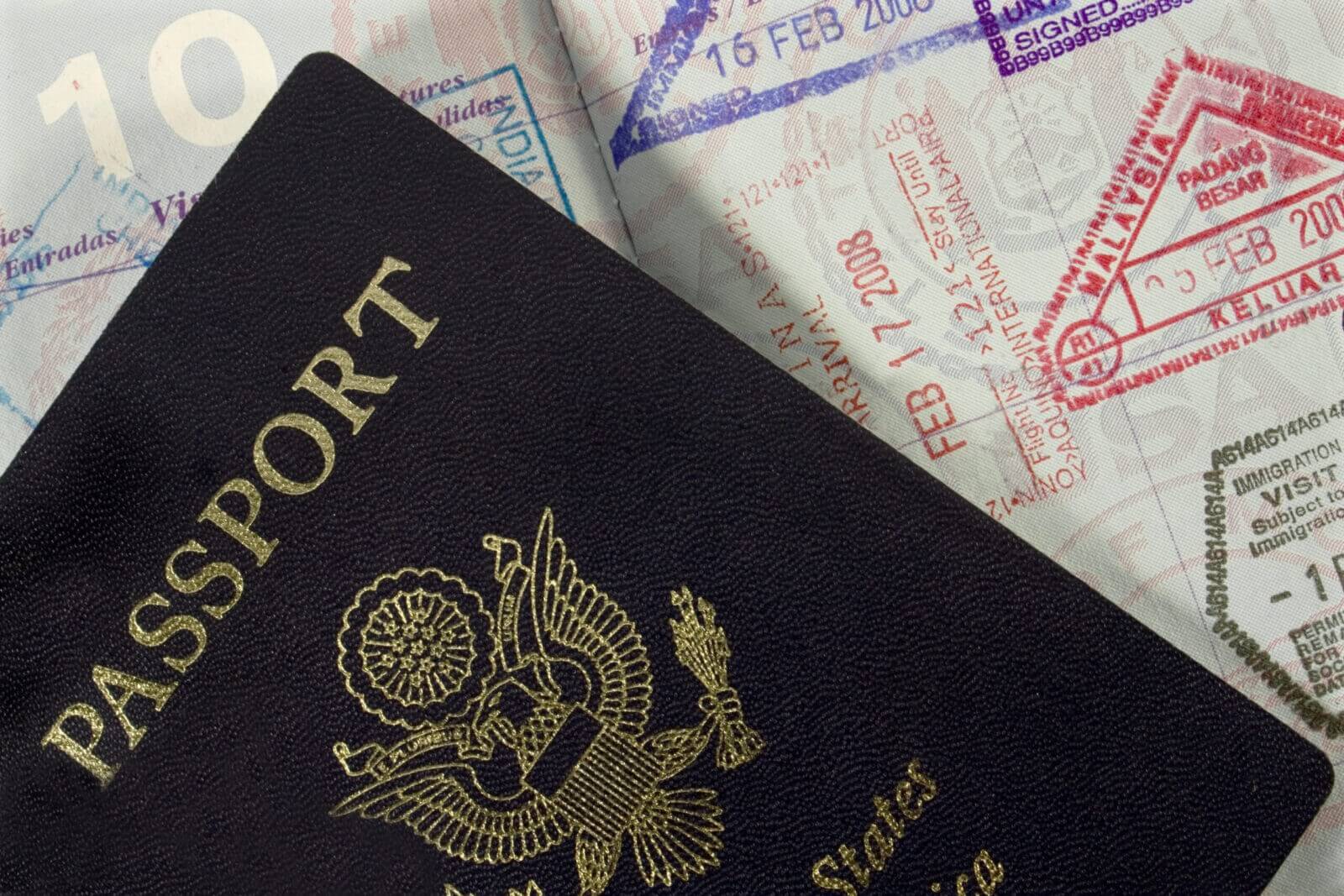If you’re considering booking an international adventure, it’s important to know what it takes to secure a visa. While the time it takes to plan travel, apply for a visa, and travel to your destination have all decreased over time, knowing how to navigate the visa process can help make the entire planning process a lot easier. Here are some things to consider as you apply for a foreign visa if you’re a United States citizen.
Visas aren’t all priced the same
If you’re adventuring on a budget, it makes sense to take a look at visa prices before falling in love with a particular destination. While most visas are pretty inexpensive, the price of a visa is set by the destination country, and the price of admittance into some countries can dramatically increase the cost of your stay. Headed to Australia? No problem. The price of a visa for Australia (as of the writing of this article) is $15. If you’re thinking about visiting places like Vietnam, China, or India, these are countries that have higher visa costs, and those costs should be considered if you’re planning a visit on a strict budget.
It’s also important to note that there are other hidden costs when it comes to international travel. Some countries require vaccinations and additional paperwork that can further increase costs. Make sure to check on these additional requirements as a part of the visa research process.
Understand what paperwork is required
Along with having to pay for the visa, you’ll also need to have the correct paperwork in order – something that can be overlooked in the excitement of travel planning. When applying for a visa and when traveling internationally from the United States, your passport will need to have at least six months left from the last day of travel before it expires. Even countries that do not require a visa may enforce this particular rule. Remember that it can take several weeks for passport renewal, so make sure to plan ahead. In-fact, it’s a great idea to set a reminder to renew your passport a year prior to the expiration date.
Some visas require additional documentation such as immunisation certificates. Make sure to read your destination country’s visa requirements thoroughly to understand any specific document needs and to make sure all paperwork requirements are met.
Pre-booking may be required
Countries require visas to keep track of visitors within their country. A visa is a contract between visitor and government that makes it clear to the visitor how long they may spend in the destination country. Unfortunately, each year there are visitors that either intentionally or accidentally overstay their visa. Overstays have forced some destination countries to ask travelers to provide proof of bookings ahead of time. These pre-booking requirements usually include both flights and accommodations.
Consider pre-booking accommodations that have generous cancellation policies if you think your itinerary might change after you arrive at your destination, and know that it might not be possible to have a eurotrip-style adventure in countries that have a strict pre-booking policy. Once you’ve decided on a rough itinerary, there are websites that make creating a hotel and flight itinerary for visa applications easy so you don’t have to spend a ton of time thinking through this particular aspect of the process.
An in-person meeting could be a part of the process
Most of the time, the visa application process is straightforward and issue-free. These days, it’s easy to retrieve and submit most documents online. In certain cases however, it’s possible that you’ll have to attend an in-person meeting before your visa is granted. The locations (sometimes different than your home city) and times for these meetings often occur during normal business hours. It’s often not possible to negotiate a better meeting time and location, so make sure to respond promptly and plan head to attend such meetings.
Give yourself plenty of time
Make sure to give yourself plenty of time for the visa approval process. While it’s straightforward to navigate the expedited passport process in the United States, visa application processes aren’t always as forgiving or straightforward, especially when navigating another country’s bureaucracy. Start the visa application process at the earliest time allowed by the destination country to ensure that you don’t find yourself unable to travel.
Have a story about securing a visa? Tell us about it in the comments!

